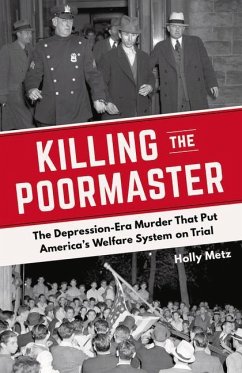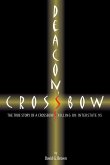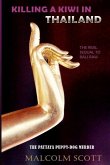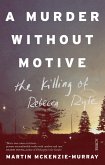2013 NJCH Award Winner On February 25, 1938, Hoboken's reviled poormaster, Harry Barck—wielding power over who received public aid—died. Barck was murdered, the prosecution would assert, by an unemployed mason named Joe Scutellaro. In denying Scutellaro money, Barck had suggested that the man's wife prostitute herself rather than ask the city for aid. The men scuffled. Scutellaro insisted Barck fell on his own paper spike; the police claimed he grabbed the spike and stabbed Barck in the heart. A team led by celebrated attorney Samuel Leibowitz of "Scottsboro Boys" fame argued that Scutellaro's struggle with the poormaster was a symbol of larger social ills. The issues examined in Killing the Poormaster —massive unemployment, endemic poverty, and the inadequacy of public assistance—remain vital today.








